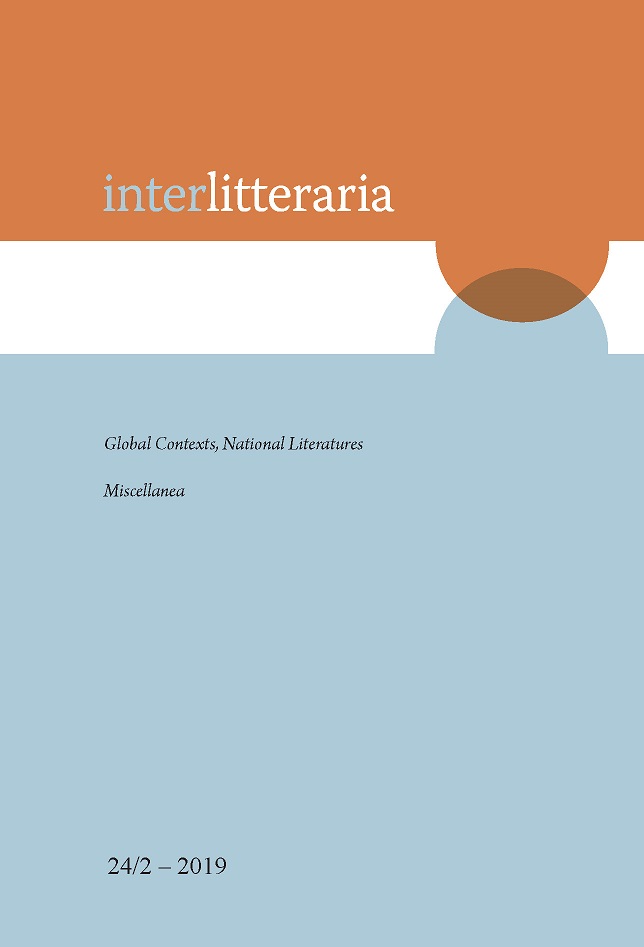Bleeding Edge of Postmodernism: Metamodern Writing in the Novel by Thomas Pynchon
Bleeding Edge of Postmodernism: Metamodern Writing in the Novel by Thomas Pynchon
Author(s): Simon RadchenkoSubject(s): Social Philosophy, Novel, Philosophy of Language, Theory of Literature, American Literature
Published by: Tartu Ülikooli Kirjastus
Keywords: meta-modernism; postmodernism; Thomas Pynchon; oscillation; new sincerity;
Summary/Abstract: Many different models of contemporary novel’s description arose from the search for methods and approaches of post-postmodern texts analysis. One of them is the concept of metamodernism, proposed by Timotheus Vermeulen and Robin van den Akker and based on the culture and philosophy changes at the turn of this century. This article argues that the ideas of metamodernism and its main trends can be successfully used for the study of contemporary literature. The basic trends of metamodernism were determined and observed through the prism of literature studies. They were implemented in the analysis of Thomas Pynchon’s latest novel, Bleeding Edge (2013). Despite Pynchon being usually considered as postmodern writer, the use of metamodern categories for describing his narrative strategies confirms the idea of the novel’s post-postmodern orientation. The article makes an endeavor to use metamodern categories as a tool for post-postmodern text studies, in order to analyze and interpret Bleeding Edge through those categories.
Journal: Interlitteraria
- Issue Year: XXIV/2019
- Issue No: 2
- Page Range: 495-508
- Page Count: 14
- Language: English

